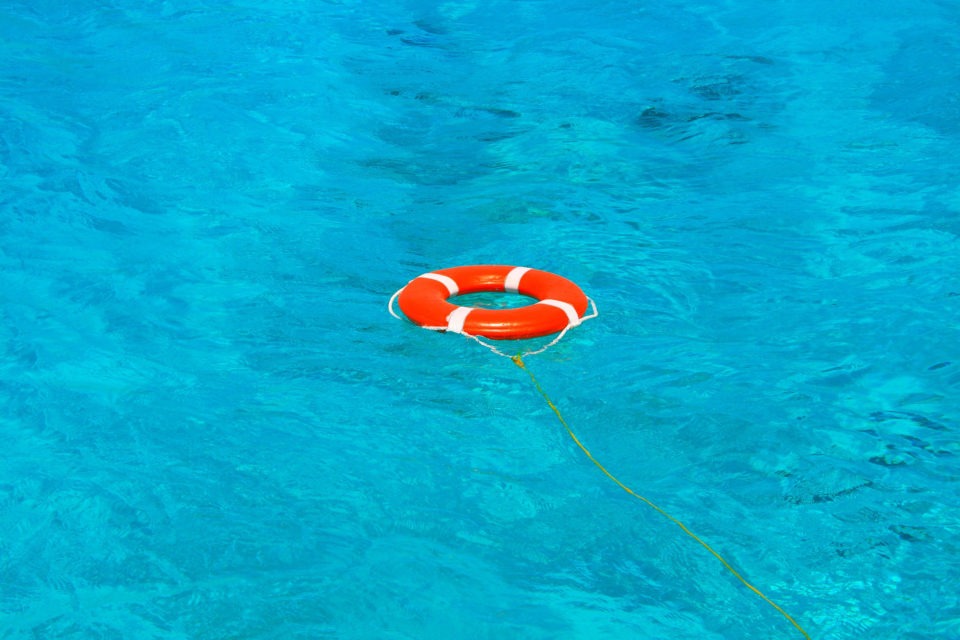Life, disability and health insurance
Life insurance is designed to pay a beneficiary when you die. Depending on the contract, other events such as terminal illness or critical illness may also result in payment. The money can help cover funeral fees, outstanding debts, living expenses, education costs, and more. It’ll be hard enough for your loved ones to process their emotions when something extreme impacts your life or your ability to work. Lighten the load: have the life insurance you need.
There are two basic types of life insurance:
Both pay a death benefit if you die with the policy still in effect.
Permanent insurance also acts as an investment vehicle:
- Part of the premium goes toward an investment account
- You can borrow against this investment or put it towards your retirement
Some insurance covers illness and accidents:
- Health Insurance: This insurance covers the expenses that aren’t covered under government plans. (Do you or someone in your family need glasses? dental work? medications not included in the government plan?)
- Disability Insurance: If you need to take time off work due to an accident or illness, ensure you can continue to cover your expenses. (Your ability to work and earn an income is your largest asset)
- Critical Illness Insurance: In the case of an unexpected critical illness like caner or stroke, this insurance will ensure you can focus on getting better. (You need to prepare for the unexpected, this is an important aspect of life insurance but is not always included in your standard plan)
- Accident Insurance: In the event of accidental death, dismemberment, loss of use, fracture or coma you will receive a lump-sum benefit, as well as coverage for hospital and related education expenses.
Professional advisors understand insurance policies and your needs. They can help select the best policy for your situation.
When getting insurance advice, consider advisors with a Chartered Life Underwriter (CLU) designation.


